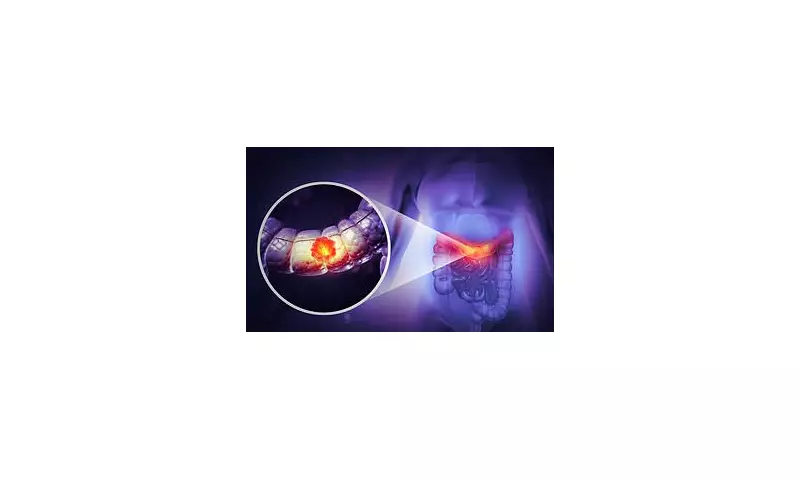
Britain is facing a disturbing health crisis as bowel cancer cases among younger adults surge at an alarming rate, prompting urgent warnings from top cancer specialists.
Shocking Statistics Reveal Growing Trend
Recent data reveals a staggering 266% increase in bowel cancer diagnoses among people aged 20-49 over the past three decades. This dramatic rise has left medical professionals deeply concerned about a growing epidemic affecting Britain's younger population.
Expert Insight from Leading Oncologist
Dr. David Mansouri, a consultant clinical oncologist at London's prestigious Harley Street clinic, emphasises the critical importance of early detection. "We're witnessing a significant shift in bowel cancer demographics," he explains. "While traditionally considered a disease of older adults, we're now seeing increasing numbers of patients in their 30s and 40s, and sometimes even younger."
Key Warning Signs You Mustn't Ignore
Medical experts highlight several crucial symptoms that warrant immediate medical attention:
- Persistent changes in bowel habits lasting three weeks or more
- Unexplained bleeding from the bottom or blood in stools
- Unexpected weight loss without diet or exercise changes
- Persistent abdominal pain or discomfort
- Feeling of incomplete emptying after using the toilet
Breaking Down the Barriers to Early Detection
Dr. Mansouri identifies several factors contributing to delayed diagnoses in younger patients. "There's often a psychological barrier where younger individuals dismiss symptoms or feel embarrassed to discuss them. Many assume they're too young for serious bowel conditions, leading to dangerous delays in seeking medical help."
The Power of Timely Intervention
Early detection dramatically improves treatment outcomes. When caught at stage one, bowel cancer has an impressive 91% survival rate. However, this drops significantly to just 10% when diagnosed at stage four, highlighting the critical importance of prompt medical attention.
Lifestyle Factors and Prevention
While the exact causes behind the increase remain under investigation, experts point to several potential contributing factors including dietary changes, sedentary lifestyles, and environmental influences. Maintaining a healthy weight, regular exercise, and a balanced diet rich in fibre may help reduce risk.
When to Seek Medical Advice
Healthcare professionals urge anyone experiencing persistent bowel symptoms, regardless of age, to consult their GP immediately. "Don't let embarrassment or assumptions about age prevent you from seeking help," Dr. Mansouri stresses. "Early intervention saves lives, and your doctor has heard it all before."





